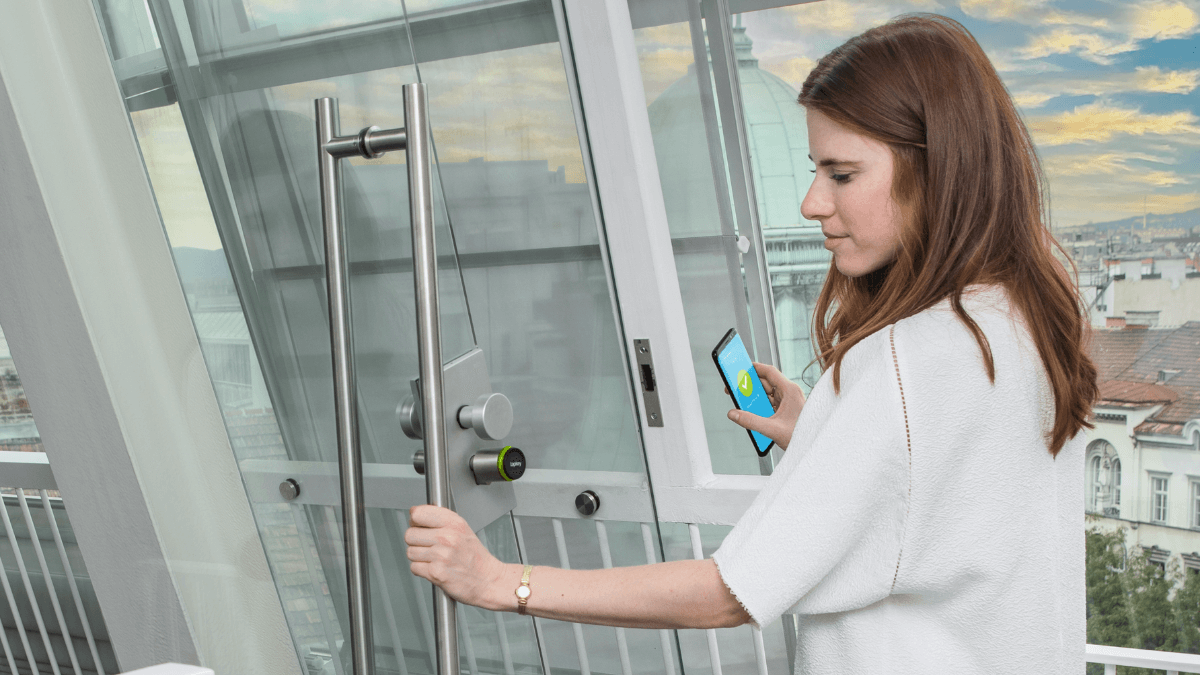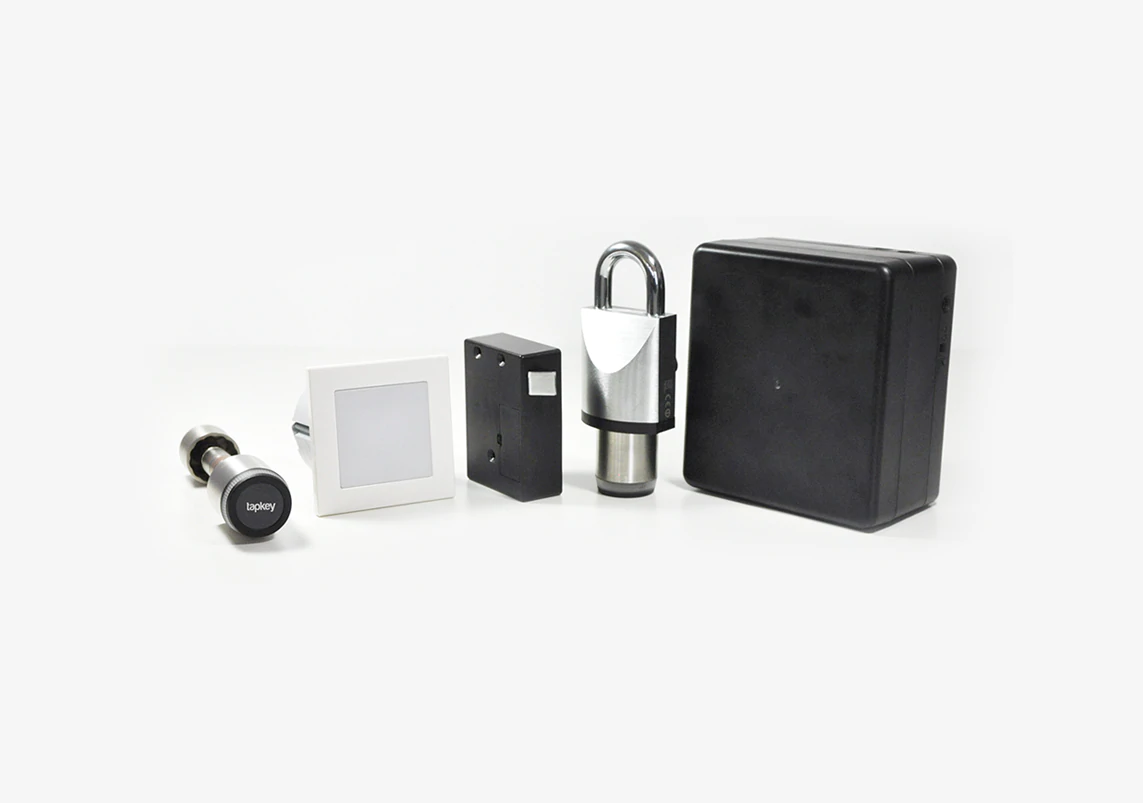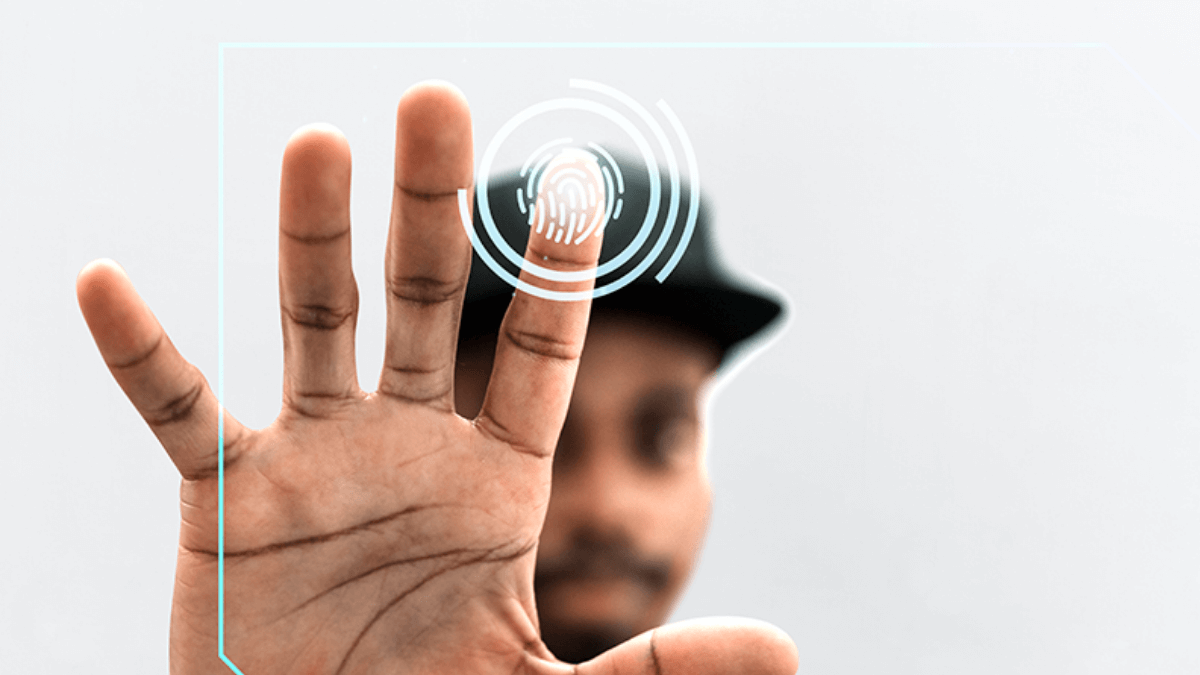Key cards are still popular in the field of access control, because they are convenient and fairly secure. Nevertheless, they are often misplaced or forgotten. That’s why the trend is going towards mobile credentials or biometrics. As practical as they are, what about security and what are the advantages and disadvantages of each option? Stay here to find the answer. Ready to rumble? Biometric versus smartphone: Let the fight begin!
Fight With No Holds Barred — For More Security
For companies, the digital security of their data is more important than ever, but physical access to the building should not be underestimated. Thanks to digital transformations and developments in the area of the Internet of Things, intelligent solutions for access control and building security are booming. There are many different approaches for controlling access to certain rooms and areas. However, both mobile and biometric access control increase operational security and significantly reduce the administrative effort. Individual access permissions can be set, being limited in time and withdrawn at any time.
Clear The Ring For The Smartphone
The smartphone is taking on increasingly important functions of our everyday life—from cashless payments to unlocking doors. Digital keys make it possible to unlock doors and cars simply via an app. No other medium such as an NFC tag or card is required. Ideal when you consider how close many people keep their cell phones. This makes the application more user-friendly.
The automatic assignment of access authorisations simplifies administration and enables precise control over who can enter which areas and when. When changing jobs or leaving the company, access authorisations can be automatically adjusted and withdrawn. This means that the security component is significantly higher than that of conventional metal keys or badges. In general, we see a significant increase in demand for mobile access solutions. They will increasingly replace classic ID cards and chips.
Overall, Tapkey is excellently positioned in the mobile access market. With regard to communication technology, we can build on many years of know-how in the areas of Bluetooth and NFC. “Tapkey’s services, which are based on a flexible, open platform, can be easily integrated into other systems using the API.
Biometrics Strikes Back
Once the dream of sci-fi Hollywood movies, today biometrics is a reality. Biometric methods are based on the assumption that people have clear, unchangeable characteristics that can be used for identification, for instance fingerprints, iris or retinal scans or facial features. One major advantage is obvious: biometric features can neither be lost nor passed on to other people. That’s where biometrics wins the contest hands down. There’s never the worry of accidental lockouts.
However, the cost of purchasing and installing such systems for the first time is relatively high. Personality protection is often criticized. Unfortunately, fingerprints are relatively easy to forge or replicate. Wetness and dirt can also reduce the accuracy of the measurements. Iris scanners can also be easily deceived with the help of high-resolution images of a user’s iris. Therefore, it’s advisable to add additional layers of security.
A Thrilling Competition
There can be no clear winner in this fight. In short, the decision on what solution to go for would depend on the level of security desired and the money willing to spend. The areas of application and requirements vary widely. To give up? Is no option for the two opponents. We think there is enough space on the access control market.





6 Crucial Benefits of PropTech
There are several ways in which developments in [...]
Mehr lesenFeb
What’s Next for PropTech?
PropTech expert Nikolai Roth explains in our interview [...]
Mehr lesenFeb
2025: The Year to Integrate Mobile Access
Ensure your business model by integrating mobile access [...]
Mehr lesenJan
Access Control Industry in Numbers
Growth, trends, COVID-19 impact and forecasts about the [...]
Mehr lesenMay